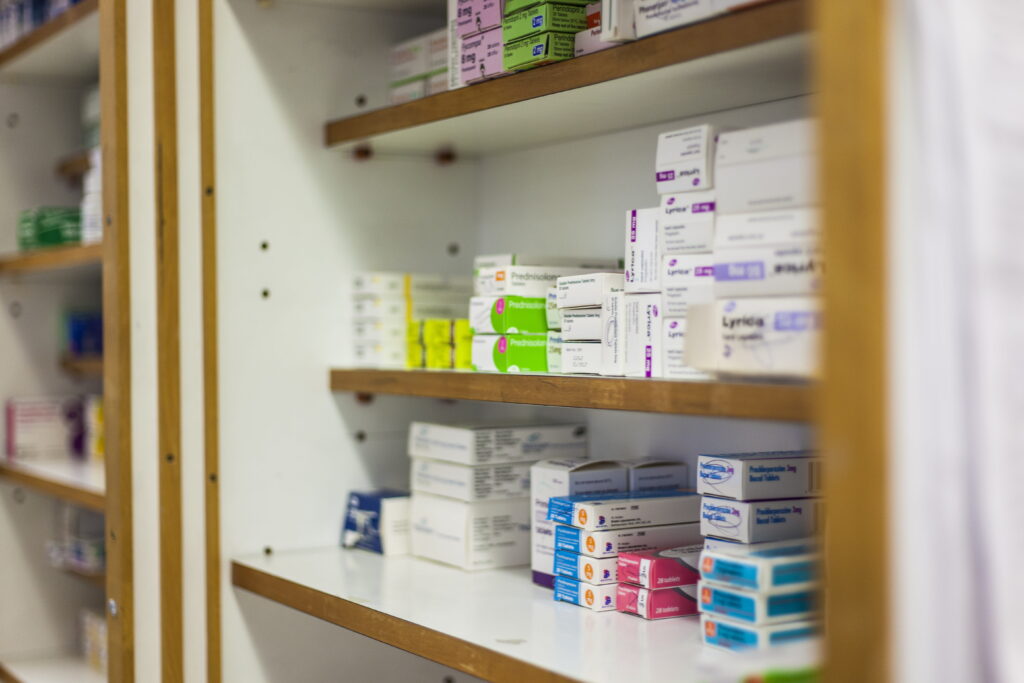
A recent study aimed to evaluate the knowledge, attitudes, and practices (KAP) of hospital pharmacists in the UAE regarding Adverse Drug Reaction (ADR) reporting and the barriers to implementing a Pharmacovigilance (PV) system.
Although pharmacists generally display a positive attitude towards ADR reporting, the level of reporting remains low, which may be due to a lack of knowledge about PV and ADRs, including what, where, and when to report.
Interestingly, findings showed that gender does not affect awareness of PV and ADR reporting, but educational level and years of experience do. Hospital pharmacists with less than five years of experience lack the expertise of those with 10-14 years of experience in PV and ADR reporting.
Despite observing ADRs, only half of the participants reported them. This underreporting could be due to poor time management, lack of awareness of the reporting process, difficulties in accessing ADR reports, and poor patient-pharmacist communication.
They also found that the role and years of experience influence the likelihood of ADR reporting. Clinical pharmacists and inpatient pharmacists are more likely to engage in PV due to their direct patient care experience.
In terms of barriers, over half of the pharmacists cited a lack of knowledge about the reporting process. Fear of repercussions from management and legal culpability were also mentioned.
To improve ADR reporting, they recommend incentives for reporting, conducting workshops and ongoing education, providing legal protection, and ensuring easy online access to ADR forms.